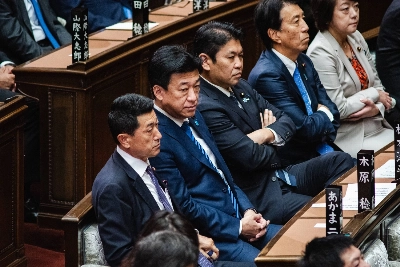Meta
Ronald Meinardus
Mar 1, 2004
Feb 8, 2004
Dec 30, 2003
Dec 14, 2003
Nov 12, 2003
Oct 31, 2003
Sep 20, 2003
Aug 1, 2003
May 31, 2003
Feb 26, 2003
Feb 17, 2003
Feb 2, 2003
Dec 2, 2002
Sep 1, 2002
Aug 8, 2002
Feb 16, 2002















